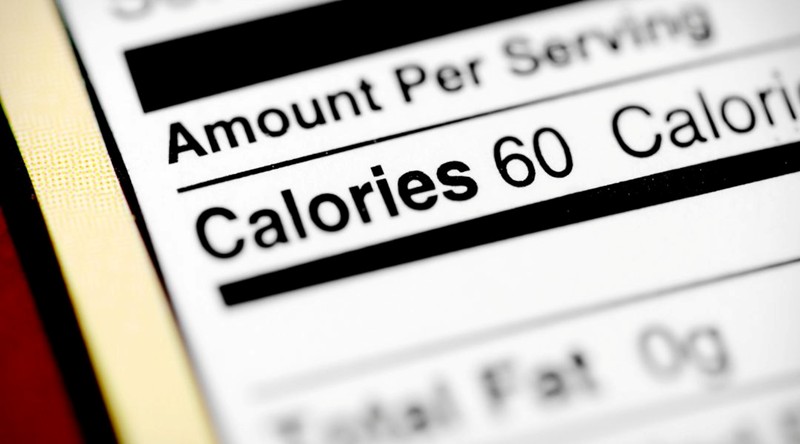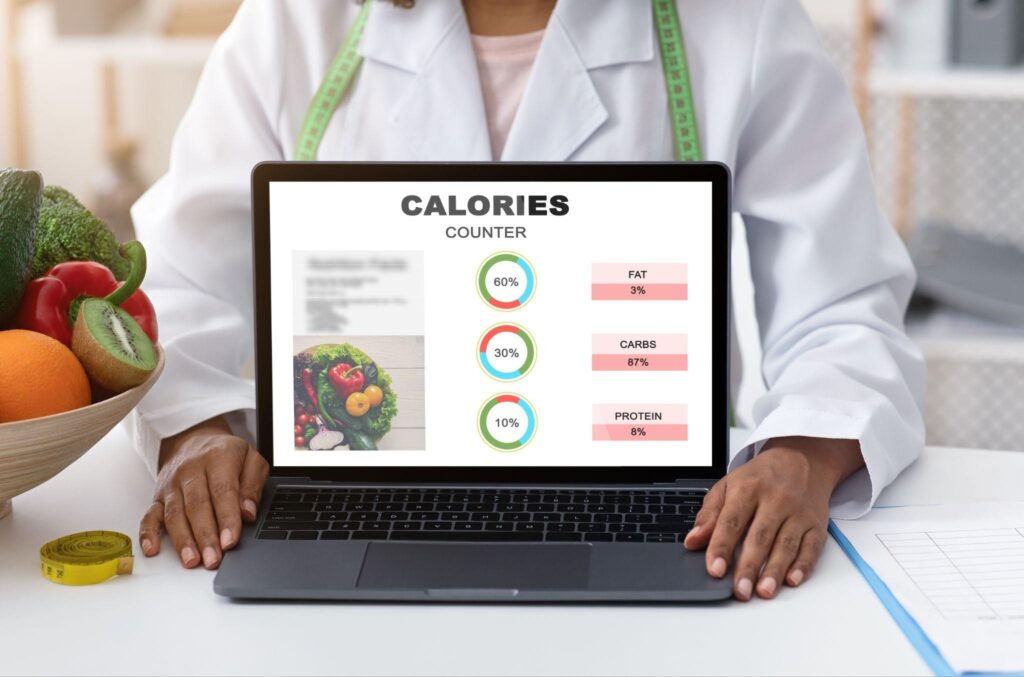What Are Calories and How Many Do You Need?

Calories are tiny units of energy that keep your body running. You need them to think, move, and stay warm.
But how many calories should I eat each day? There isn’t one perfect number for everyone. The right amount depends on many things, like your age, whether you’re male or female, how active you are, and what health goals you have.
Learning how many calories you need can help you feel stronger, stay healthy, and reach a weight that feels right for you.
What are Calories?
Calories are a unit of measurement for the energy found in food and drinks. Your body uses this energy for everything it does, from basic survival to moving and exercising.
Every food has a different number of calories based on what it’s made of.
- Foods with more fat or sugar usually have higher calories.
- Vegetables and fruits often have fewer calories but more nutrients.
Portion control matters, too. Even healthy foods can lead to weight gain if you eat large amounts.
What Happens If You Eat Too Many or Too Few
- More calories than you burn: The extra energy is stored as fat.
- Fewer calories than you burn: Your body uses stored fat for energy, and you lose weight.
Other Names for Calories
You might also hear calories called “kcals,” which stands for kilocalories. This is just another way to measure the energy in food.
Learning how many calories are in your meals and snacks can help you make choices that keep your weight and health on track.
Factors that Influence Calorie Needs
Calorie needs vary a lot from person to person. Your body’s energy requirements depend on many things:
Age:
Younger people often burn more calories because they have faster metabolisms. As you get older, your body slows down and needs less energy.
Sex:
Men usually need more calories than women. This is because men often have more muscle mass, which burns more energy even at rest.
Size:
Taller or bigger individuals require more energy to keep their bodies running. Larger bodies use more calories for basic functions like breathing and keeping warm.
Activity Level:
Active people burn more calories than those who sit most of the day. Moving around, exercising, or doing physical work all raise the number of calories you need.
Overall Health:
Some health conditions affect how your body uses energy. For example, thyroid problems can speed up or slow down your metabolism, changing how many calories you burn.
Calculating Your Calorie Requirements
Your calorie needs depend on your body and daily habits. One way to start is by using the United States Dietary Guidelines, which share average ranges:
- Women: About 1,600 to 2,400 calories per day
- Men: About 2,000 to 3,000 calories per day
These numbers are general, so you may need more or less depending on your lifestyle.
How to Find Your Personal Number
For a more tailored estimate, you can:
- Use an online calorie calculator that asks about your age, height, weight, and activity level.
- Multiply your weight in pounds by 15 if you move regularly. This gives you a rough idea of maintenance calories.
For example, a woman weighing 150 pounds who exercises a few times a week might need around 2,250 calories each day.
When to Adjust Your Intake
Your calorie needs can change over time. You might need to recalculate if you:
- Become more or less active
- Gain or lose weight
- Get older
Checking in now and then helps you stay on track.
More Than Just Counting
Eating fewer calories can help you lose weight, but it’s also important to pick foods full of nutrients. Portion sizes, food quality, and variety all play a big role in feeling healthy and satisfied.
Estimating Daily Caloric Intake for Weight Loss
First, you need to figure out how many calories you need to keep your weight steady. This is called your Total Daily Energy Expenditure (TDEE).
One way to estimate it is to:
- Start with a base number. For men, begin with 66.
- Add 6 times your body weight in kilograms.
- Multiply the result by an activity factor that matches how active you are each day.
This gives you the calories needed to maintain your current weight.
Create a Calorie Deficit
To lose weight, you need to eat fewer calories than your TDEE. This is called a calorie deficit.
A safe and healthy calorie deficit is usually between 10–25% less than your maintenance calories. Bigger deficits can lead to faster weight loss, but they might also leave you feeling tired and low on energy.
Example
Here’s an example to make it clear:
A woman wants to lose weight. She exercises lightly once a week, and her job is mostly sitting. Her TDEE is about 1,800 calories per day.
If she cuts her calories by 15%, she would aim for around 1,530 calories each day. This helps her lose weight slowly without feeling too deprived.
Mindful Eating to Reach Your Goals
Mindful eating means paying close attention to how food makes you feel. It’s not about counting calories or following strict rules. Instead, you consider the relationship between food choices and your body.
Listen to Your Body
Take time to see which foods give you energy and which ones slow you down.
- Do some meals help you feel strong and clear-headed?
- Do others leave you feeling tired or heavy?
These clues can help you make better choices next time.
Slow Down and Enjoy
When you shop, cook, or eat, try to stay present. Focus on the smells, textures, and tastes. Eating slowly can help you notice when you feel full.
It’s okay to enjoy treats sometimes. You don’t have to be perfect to build healthy habits.
Build a Better Connection
The goal is to feel more connected to each bite. When you pay attention, you can:
- Understand your hunger and fullness signals
- Feel more satisfied with your meals
- Make choices that support your health and mood
Over time, these small steps can make a big difference in how you eat and how you feel.
Supplementing with Professional Weight Loss Services
Learning about your calorie requirements and daily caloric needs is the first step to better health. But knowing how many calories you need isn’t always enough to see real change.
Wilmington Weight Loss is here to help you take that next step. Our expert team builds a plan tailored to your goals, shows you exactly what to eat, and supports you every step of the way.
Don’t keep guessing or trying it alone. Get the guidance and accountability that make success possible.
Reach out to Wilmington Weight Loss today and start your journey toward lasting results you can feel proud of.
Schedule a Free Consultation
Contact us today to schedule a free consultation with a weight loss expert!

